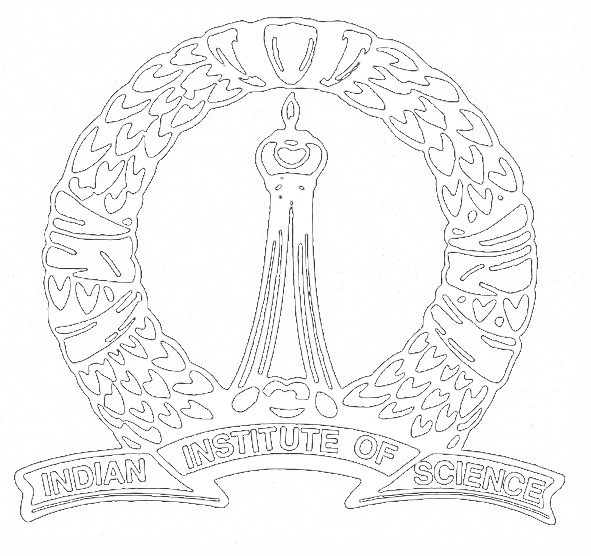PhD Thesis colloquium
Title: Quasi-analytic functions, spherical means, and uncertainty principles on Heisenberg groups and symmetric spaces
Speaker: Pritam Ganguly (IISc Mathematics)
Date: 18 January 2022
Time: 4 pm
Venue: Microsoft Teams (online)
This talk has two parts. The first part revolves around certain theorems related to an uncertainty principle and quasi-analyticity. On the other hand, the second part reflects a different mathematical theme, focusing on the classical problem of $L^p$ boundedness of spherical maximal function on the Heisenberg group.
The highlights of the first part are as follows: An uncertainty principle due to Ingham (proved initially on $\mathbb{R}$) investigates the best possible decay admissible for the Fourier transform of a function that vanishes on a nonempty open set. One way to establish such a result is to use a theorem of Chernoff (proved originally on $\mathbb{R}^n$), which provides a sufficient condition for a smooth function to be quasi-analytic in terms of a Carleman condition involving powers of the Laplacian. In this part of this talk, we plan to discuss various analogues of Chernoff’s theorem for the full Laplacian on the Heisenberg group, Hermite, and special Hermite operators, Laplace-Beltrami operators on rank one symmetric spaces of both compact and non-compact type, and Dunkl Laplacian. Using those Chernoff type theorems, we then show several analogues of Ingham’s theorem for the spectral projections associated with those aforementioned operators. Furthermore, we provide examples of compactly supported functions with Ingham type decay in their spectral projections, demonstrating the sharpness of Ingham’s theorem in all of the relevant contexts mentioned above.
In this second part of this talk, we investigate the $L^p$ boundedness of the lacunary maximal function $ M_{\mathbb{H}^n}^{lac} $ associated to the spherical means $ A_r f$ taken over Koranyi spheres on the Heisenberg group. Closely following an approach used by M. Lacey in the Euclidean case, we obtain sparse bounds for these maximal functions leading to new unweighted and weighted estimates. The key ingredients in the proof are the $L^p$ improving property of the operator $A_rf$ and a continuity property of the difference $A_rf-\tau_y A_rf$, where $\tau_yf(x)=f(xy^{-1})$ is the right translation operator.
- All seminars.
- Seminars for 2022
